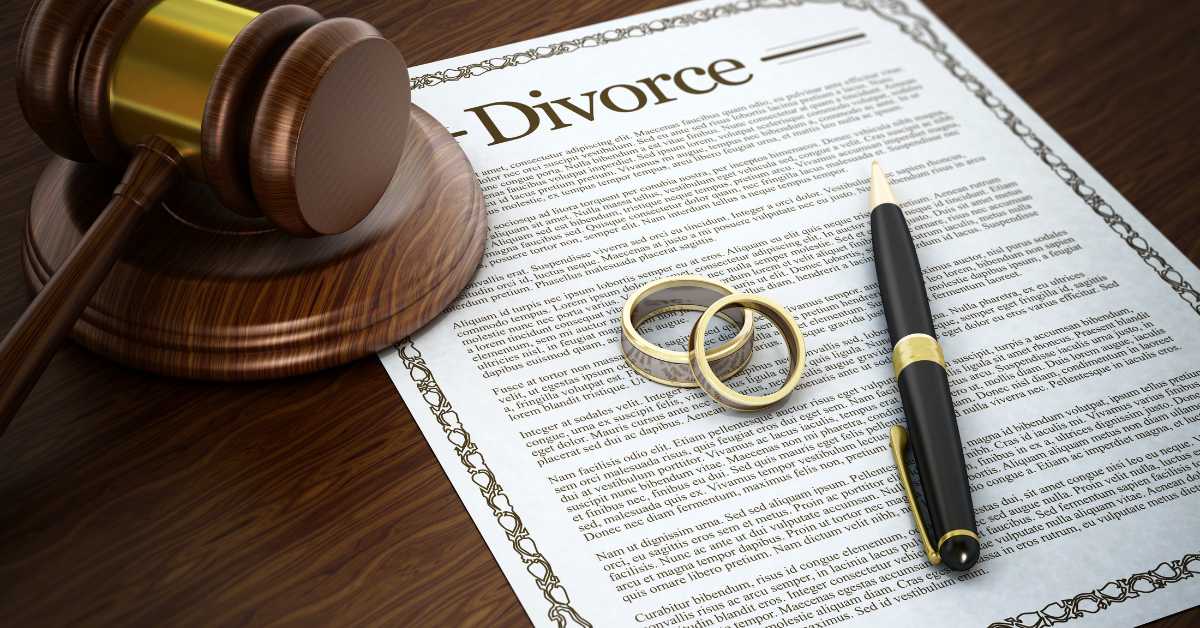
Divorce is not easy for most people in West Virginia, even under the best circumstances. Ending a marriage can bring about many life changes, some of which are difficult to adjust to. When one is considering filing for divorce, it’s important to understand the basics of the process, including the two types of divorce: contested and uncontested.
What are the differences between contested and uncontested?
An uncontested divorce is one in which both parties agree on all the important issues. Uncontested divorces can also occur when one party files for divorce and the other doesn’t respond, otherwise known as a default. In uncontested divorces where both parties agree, the process can be easier and quicker, but it’s not always the best option. Even in an uncontested divorce, the legal terms must be put into writing and a hearing may be required.
A contested divorce is when parties disagree on things like child custody, spousal or child support, or asset division. These issues can often be worked out between the two parties with the assistance of attorneys, but sometimes the court must intervene to find an equitable solution to the issues at hand. Both parties will be responsible for presenting evidence in support of their claims and the judge will decide the outcome based on the evidence presented.
Legal assistance is important
Whether contested or uncontested, those seeking a divorce should consult an experienced family law attorney. Divorce can involve many different decisions that must be made, and it can be difficult to make sound decisions when one is stressed or feeling emotionally vulnerable. A West Virginia attorney can help one understand how to negotiate divorce terms for a favorable outcome.



